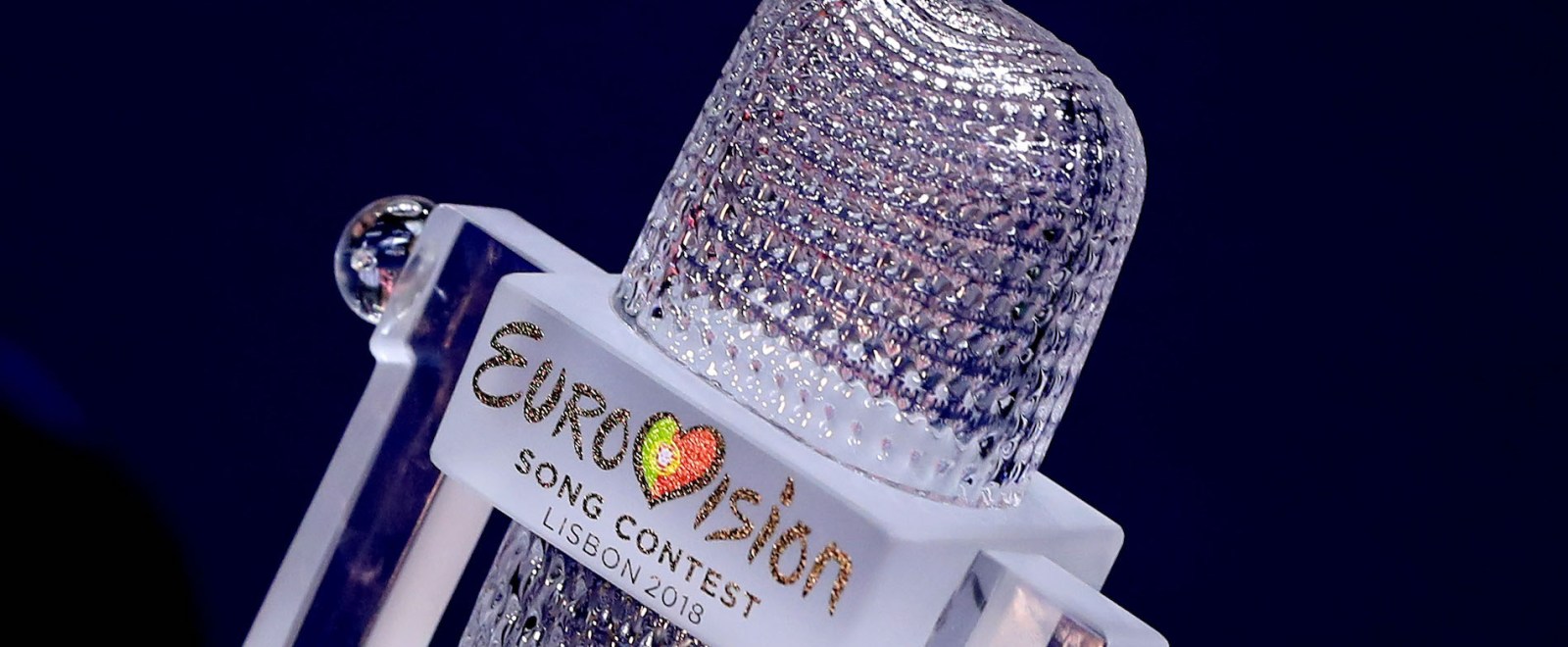This year’s Eurovision Song Contest is set to take place in Turin, Italy in May, when musical representatives from many countries will take to the city to show off the best of what their nations have to offer. Given the ongoing Russian invasion of Ukraine, many wondered if Russia would be allowed to participate in this year’s event. Initially, Eurovision organizers (the European Broadcast Union) told NPR yesterday, “The Eurovision Song Contest is a non-political cultural event. The EBU is however concerned about current events in Ukraine and will continue to closely monitor the situation.”
The EBU has quickly changed its tune, though, as they’ve now gone ahead and banned Russia from the 2022 contest. In a new statement today, they said:
“No Russian act will participate in this year’s Eurovision Song Contest. The decision reflects the concern that, in light of the unprecedented crisis in Ukraine, the inclusion of a Russian entry in this year’s contest would bring the competition into disrepute. The EBU is an apolitical member organization of broadcasters committed to upholding the values of public service. We remain dedicated to protecting the values of a cultural competition which proves international exchange and understanding, brings audiences together, celebrates diversity through music, and unites Europe on one stage.”
In recent years, Russia has been one of the strongest-performing countries in the contest: As BBC notes, they’ve had five top-five finishes over the past decade. They last won in 2008 and the next year, the contest was held in Moscow. Meanwhile, the Eurovision website notes of Ukraine, “Ukraine first entered the contest in 2003 and rapidly became one of the most successful countries in the competition. In 15 appearances at the Eurovision Song Contest, Ukraine has never missed a Grand Final. 9 of those 14 entries have finished in the top 10, 5 have finished in the top 3, and 2 have been winners.” Those wins came in 2004 and 2016.







